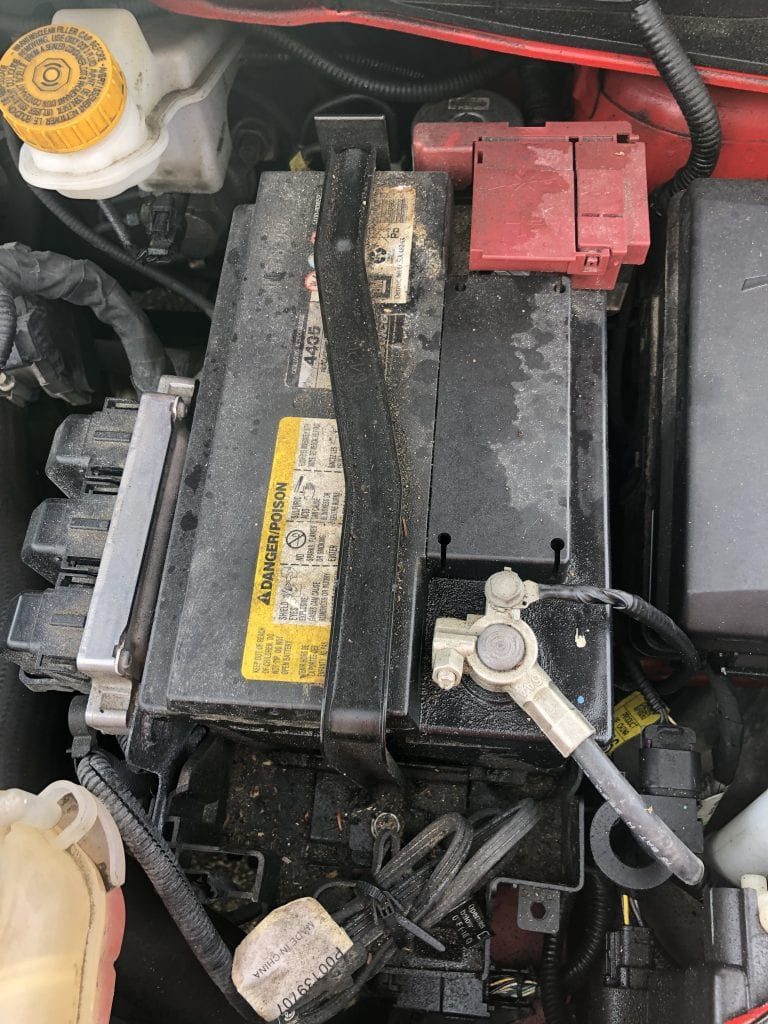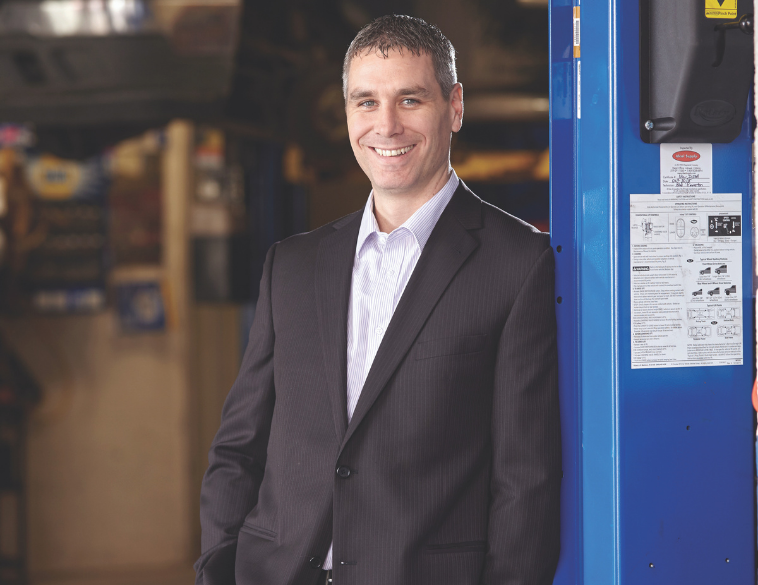As we head into spring, traditionally, our service bays start to get busy again as people book in for spring maintenance and seasonal tire changeovers.
At our shop, every time a vehicle comes in, we perform a multi-point inspection which includes a battery test. Often, we see batteries fail in the fall or winter months but the biggest test for an automotive battery is during the summer.
Higher temperatures outside combined with heat from under the hood can cause chemical reactions in the battery, damaging the plates inside and impacting electrolysis.
What then happens is by the time winter comes around and the temperature drops – 10 or 20°C, the battery is only able to work at 50 % capacity. I’ve seen cases where it soldiers on through winter and comes spring, as the temperature starts to increase again, the customer is faced with a dead battery.
Domino effect
Often, when that happens, the shop installs a new battery but a few months later the customer comes back needing a new alternator and then a few more months go by and we need to replace the starter.
Just bad luck? I don’t think so. In a typical vehicle’s closed-loop electrical system, the battery is the stabilizer in the system, so if the battery is compromised and the internal resistance changes, the amperage can increase in the system. This will negatively impact the alternator and the starter because they are directly connected to the battery.
Most OEMs will warranty the vehicle’s original battery for six years, so if your customer brings in a vehicle for service after it’s out of basic warranty (60,000 km) chances are the battery will soon need to be replaced. While both spring and fall are good times of year to perform battery testing, in our case we do it every single time the customer comes in for service.

When we service our client’s vehicle, it is our responsibility to make sure that when the vehicle leaves our shop, the client has a concrete understanding of the basic condition of the vehicle. It benefits the client, but the other major reason we inform and educate our client on the condition of their vehicle is to protect ourselves and avoid comebacks.
I am sure many of you are familiar with a situation where you have a vehicle in for service, the bill is paid and then a few days later you receive a call because a client’s vehicle will not start after it was serviced. So, they blame the shop because they feel we did something to their vehicle or failed to inform them of the vehicle’s condition.
If however, the vehicle is inspected every single time it comes in and a battery test is part of that inspection, we can advise the customer on the condition of the vehicle and the condition of the battery. Even if the client refuses the work, we can take pride in the fact we have advised them of their battery’s condition and they have no choice but to accept ownership of the vehicle breakdown.
OE-equivalent
When dealing with what we think is a basic item such as a battery, aftermarket shops should always prioritize performance over price. OE or OE-equivalent batteries will always outperform cheaper imitations and will minimize replacing batteries prematurely and angry clients.
Vehicle electronics are so sophisticated today, that we must always make sure we’re ordering the right battery for the right vehicle. Often, in our shop, we configure the vehicle’s ECU and management system so it knows a new battery has been installed, otherwise, the vehicle may not perform as intended and lead to unhappy clients.
Ultimately when it comes to batteries, or any other aspect of vehicle maintenance, as service providers we have an obligation to our clients to inform and educate.
It is our client’s job to make a decision and this creates accountability, which in turn creates trust, minimizes comebacks and increases client satisfaction. This benefits the client, the technicians and the business and you can’t ask for more than that!
Rob Ingram is the owner and operator of Eldon Ingram NAPA Auto Pro in Stratford, Ontario. He can be reached at [email protected].



